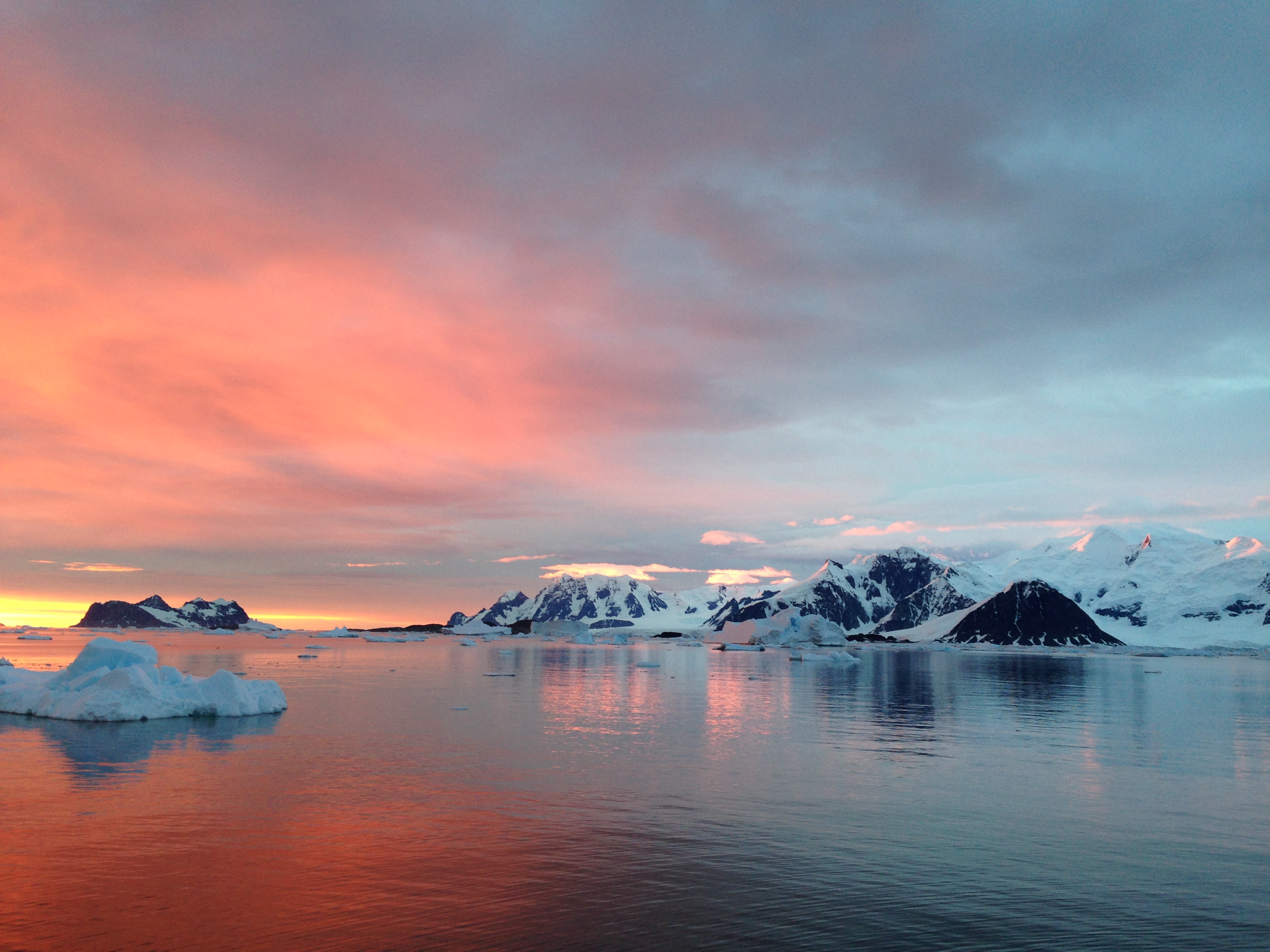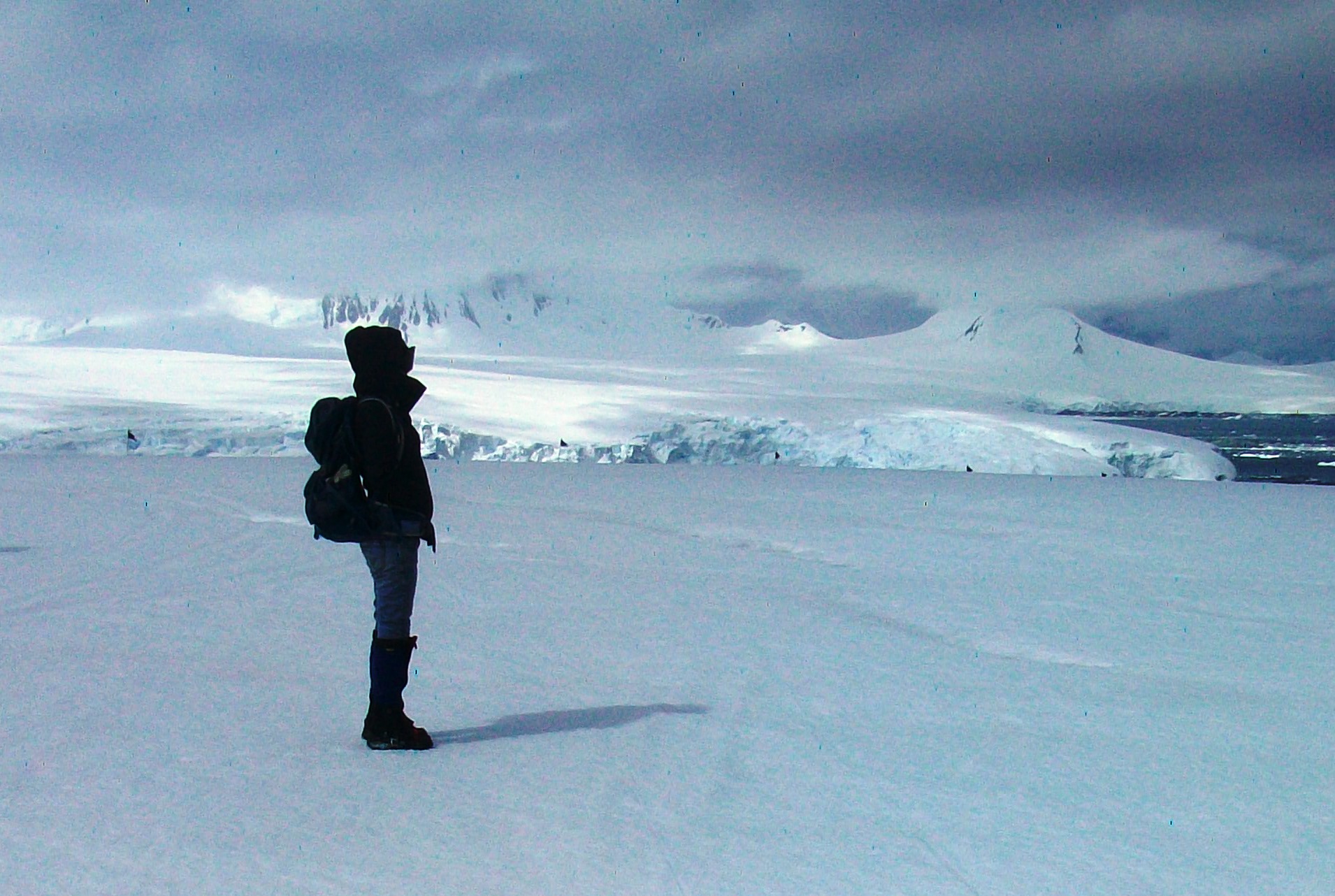

I am a seagoing biological oceanographer and an assistant professor in Department of Life Sciences at Texas A&M University - Corpus Christi. Trained as a microbiologist, I am very interested in developing innovative biotech solutions to address climate change.
Current research interests Biological Oceanography, Microbiome, Phytoplankton, Biogeochemistry, and Climate Solutions.
Teaching BIOL 4340 Genomics Proteomics and Bioinformatics, BIOL 2421 Microbiology, and MARB 6340 Marine Organisms and Processes.
I received my B.S. in Biology/Geology (double major) from Peking University and Ph.D. in Marine Science and Conservation from Nicholas School of the Environment at Duke University. My doctoral research focused on the cyanobacterium Prochlorococcus, the smallest but most abundant photosynthetic organisms in the ocean. I established a method to measure the genotype specific growth rates using ribosomal RNA contents, and related the growth rates to different environmental variables in tropical and subtropical oceans.
I have been working intensively with the polar ocean systems. I study how microbial community, both autotrophs and heterotrophs, interact as consortia to drive biological carbon exports. I am currently building a FARACAS (cavity ring down spectroscopy) (Cassar et al., 2018) to measure N2 fixation continuously. My research is at the nexus of high-throughput molecular biology (omics) and high-resolution biogeochemistry. Combining these two directions provides me with unique tools to explore the mechanisms of microbial driven carbon and nitrogen cycles. More broadly, these insights contribute to biogeochemical modeling, food web dynamics, and ecosystem conservation—advancing our ability to understand and protect our environments in a changing climate.
Field projects:
Gulf of Mexico -
Coastal time-series on phyplankton and microbiome - Horace Caldwell Pier
West Florida Shelf - Seasonal SHELF cruises in collaboration with the Tang Lab and Stallings Lab at USF
Polar focused -
The Antarctic Circumnavigation Expedition (ACE)
Palmer Long-Term Ecological Research (LTER)
Tropical coral reef system -
TARA Pacific Expeditions
Lab news
Dec 2025. We bid farewell to Shuai and wish him all the best in his next chapter. At the same time, we are excited to welcome our newest lab member, Bryce Earls!
Nov 2025. Join us at the Owen Hopkins Public Library Nov 6 at 6pm - From Winter Chill to Summer Bloom: Microbial Life in our Coastal Waters
Oct 2025. We've been awarded a $30k TCRF seed grant to investigate dolphin microbiome for host health and environment change. Thanks to R&I office and our collaborator and co-PI, the Orbach Lab!
Sep 2025. Zack is sailing on the R/V Weatherbird II for the Fall SHELF cruise on the West Florida Shelf. Way to go, Zack!
Aug 2025. Mahima successfully defended her MS thesis today! Congratulations, Mahima!
Jul 2025. Our paper on a citizen science approach to detect waterborne pathogen has been accepted by Frontiers in Microbiology. Congrats to Wendy, Chutong, Lihan, and Merlin! doi: 10.3389/fmicb.2025.1609070
Jun 2025. Shuai is joining the Summer SHELF research cruise on the West Florida Shelf, departing from and returning to St. Petersburg, Florida. Thanks to Drs. Weiyi Tang and Chris Stallings for the opportunity!
Feb - Mar 2025. Zack is aboard the french R/V Antea for two research cruises, HOPE and BOOST, studying nitrogen fixation microbes in the South Pacific (New Caledonia). Thanks to our collaborators, Cassar Lab at Duke University, and French scientists Drs. Sophie Bonnet and Fanny Houlbreque!
Jan 2025. Madison has been awarded the LSAMP Scholarship to work on research projects in our lab. Congrats Madison!
Dec 2024. Check ANNA16, our DNA deep-learning tool designed to make microbiome profiling more quantitative! Online portal on Google Colab here. All codes available on github
Jul 2024. Our co-authored paper on modeling ocean carbon export ratios is accepted by Ecological Modelling . Congrats to all our collaborators!
Jul 2024. We are excited to welcome Zack Zhong, our new PhD student, who will be joining our lab in August!
Jun 2024. Our co-authored manuscript on Antarctic N2 fixation is accepted by Communications Earth & Environment (Nature Portfolio, IF 8.1). Congrats to Shuai and all collaborators!
Jun 2024. Our manuscript is accepted by Scientific Reports (IF 4.6). Congrats to all coauthors! Check the preprint here Deep learning for predicting 16S rRNA copy number
Jan 2024. Yajuan will be co-chairing a session at Ocean Sciences Meeting 2024, OB008-I: Linking Ecogenomics, Physiology, and Biogeochemical Cycles in a Changing Southern Ocean. Come to our session to hear about exciting science!
Dec 2023. We are grateful to Google for their generous provision of $5000 Google Cloud credits to help advance our research!
Nov 2023. Congrats to Mahima on being awarded the NSF funded STAGES fellowship!
Nov 2023. Check our new preprint on medRxiv. A citizen science approach for mapping total microbial communities and waterborne pathogens in household drinking water in China.